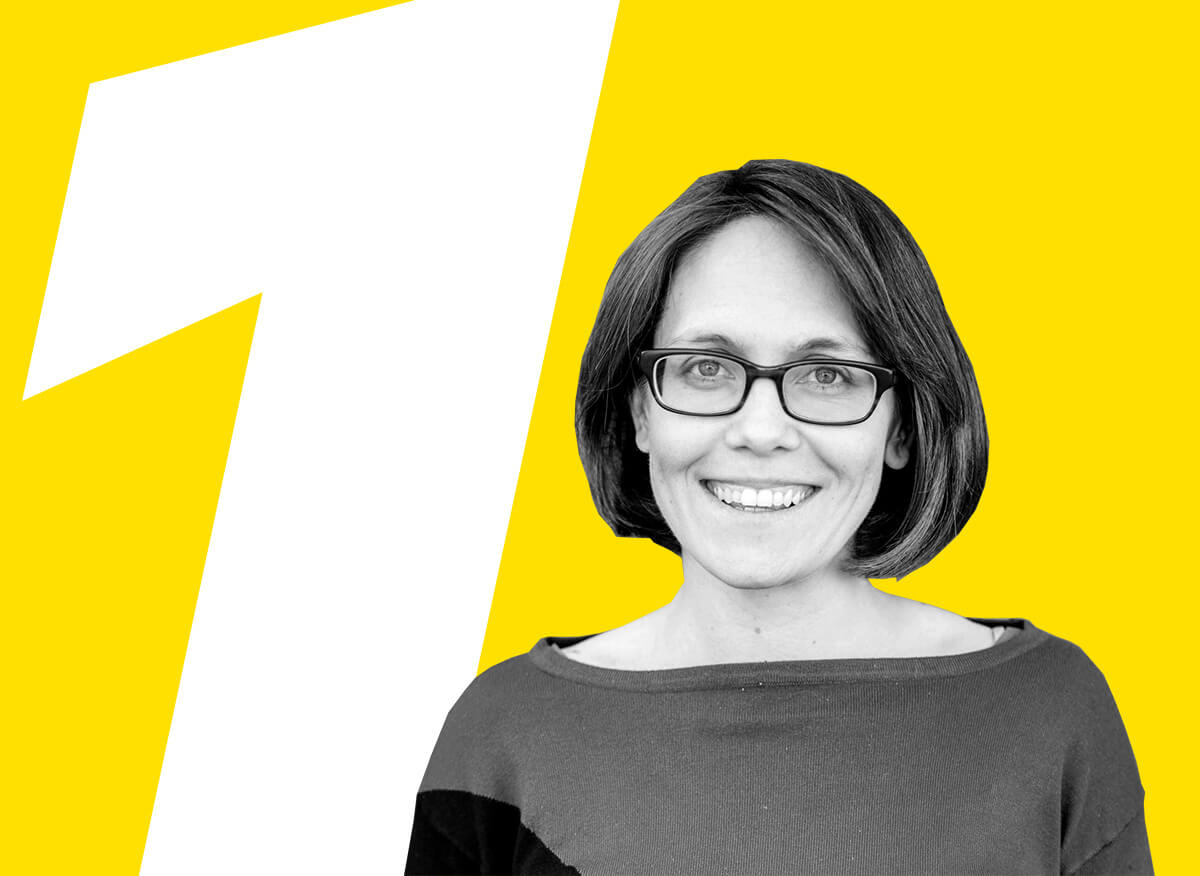
Althea Erickson: An advocate of the human-centric platform economy
- Who? Director of Policy at the handicrafts retail platform Etsy and an advocate of a collective and human-centric platform economy.
- Why is she worth following? Althea Erickson has been looking for ways to increase regular income within the platform economy. She has also reflected on what will happen when more and more people no longer work full-time and consequently are not properly covered by the social security system. Many of the users of Etsy are facing this situation in their lives.
- Etsy suggested improvements to the present situation in a report it published with Erickson. The report proposes that a more unified system of social security benefits, self-funded social insurance payments, and taxation should be created, which would be easy to manage as working life becomes more fragmented.
- https://twitter.com/altheaerickson
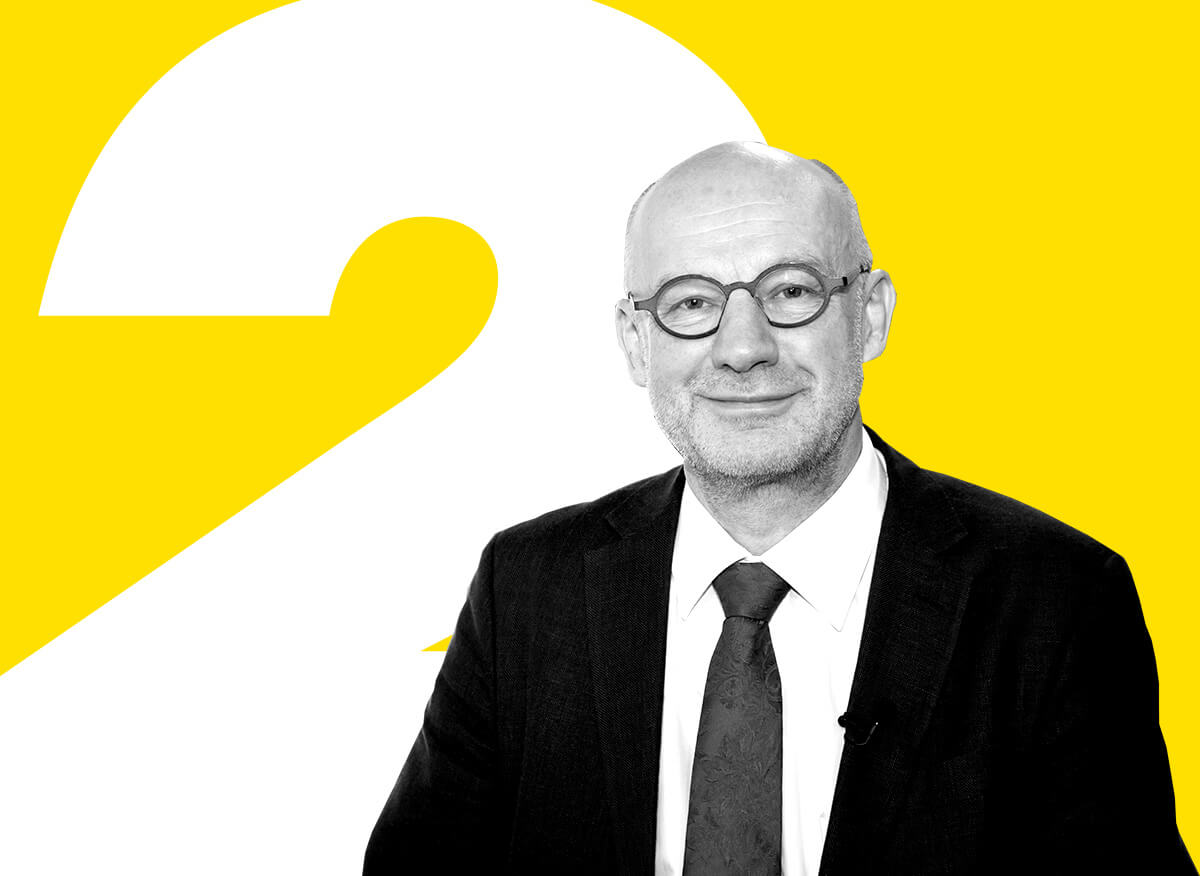
Olli Kangas: Designer of the basic income trial in Finland
- Who? A Finnish professor and Director of Community Relations at KELA, the Social Insurance Institution of Finland. A top-level international expert on social policy. He has studied different welfare state systems and their political backgrounds.
- Why is he worth following? Olli Kangas has led the planning and implementation of Finland’s basic income trial, which has attracted considerable international attention. He has also frequently commented on the trial in the media.
- In the basic income trial implemented in 2017, about 2,000 unemployed people will be paid €560 per month – a sum that they will not lose even if they find employment.
- https://twitter.com/ollikan
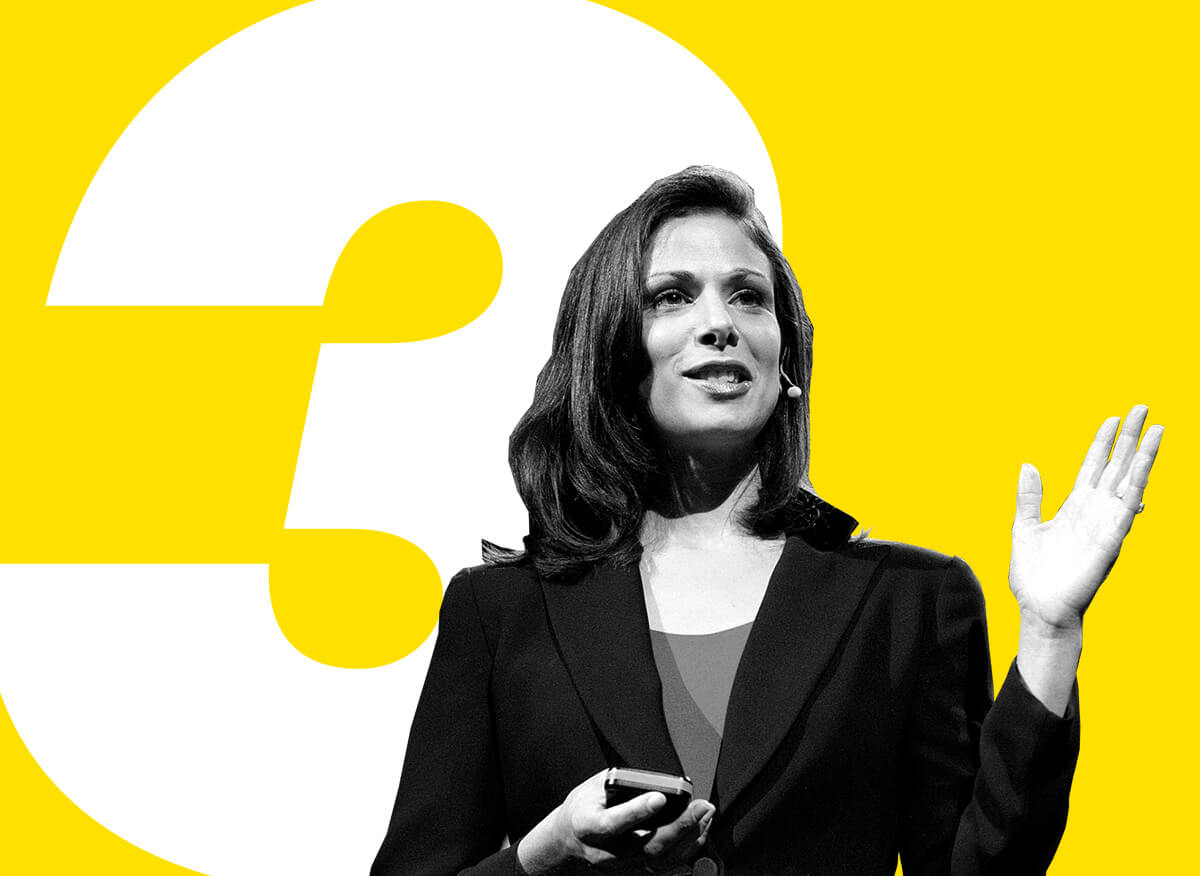
Rachel Botsman: Expert in collaboration and trust
- Who? An author and a visiting researcher at Saïd Business School at the University of Oxford. An internationally recognised expert in collaboration and trust.
- Why is she worth following? Rachel Botsman studies the effect of technological change on trust between people, and its consequences to business and society. TIME magazine and the Thinkers50 ranking have praised her theory of collaborative consumption. Botsman’s theory describes a big economic change, in which the appreciation of owning declines, and co-ownership, borrowing and sharing replace owning.
- http://rachelbotsman.com/
- https://twitter.com/rachelbotsman
![fivethinkers_4]()
Trebor Scholz: An activist and researcher with an interest in solidarity
- Who? An activist and researcher at the New School in New York. He studies problems related to the new work performed through digital platforms.
- Why is he worth following? Scholz is interested in solving problems related to work performed through platforms and combining solidarity with new forms of digital work. Scholz finds it important that the opportunities provided by digitalisation do not remain available only to large companies.
- As a solution, Scholz has proposed platform cooperativism, which aims at combining platforms with cooperative, humane activities. The ideal would be an ecosystem consisting of collectively owned platforms that encourage a sense of community. It could help people take advantage of the potential of the platform economy, but avoid the disadvantages of new work.
- https://twitter.com/TreborS
![fivethinkers_5]()
Alanna Krause: Researcher of open organisations in the new age
- Who? A researcher and doer currently based in New Zealand. She has co-founded several companies and communities that aim at achieving a societal impact.
- Krause is one of the founders of Loomio, software that facilitates decision-making within groups. A member of the co-operative Enspiral network that joins people and companies interested in social entrepreneurship to make a societal change.
- Why is she worth following? Alanna Krause is inspired by the question How to lead without a boss? She is interested in how leadership works in the decentralised organisations of the new age. Krause has often brought up the idea that leading does not require a boss, but that power should be divided between self-directed operators that support one another.
- http://www.alanna.space
Your current shadow instance is ""Default shadow"".
Exit 



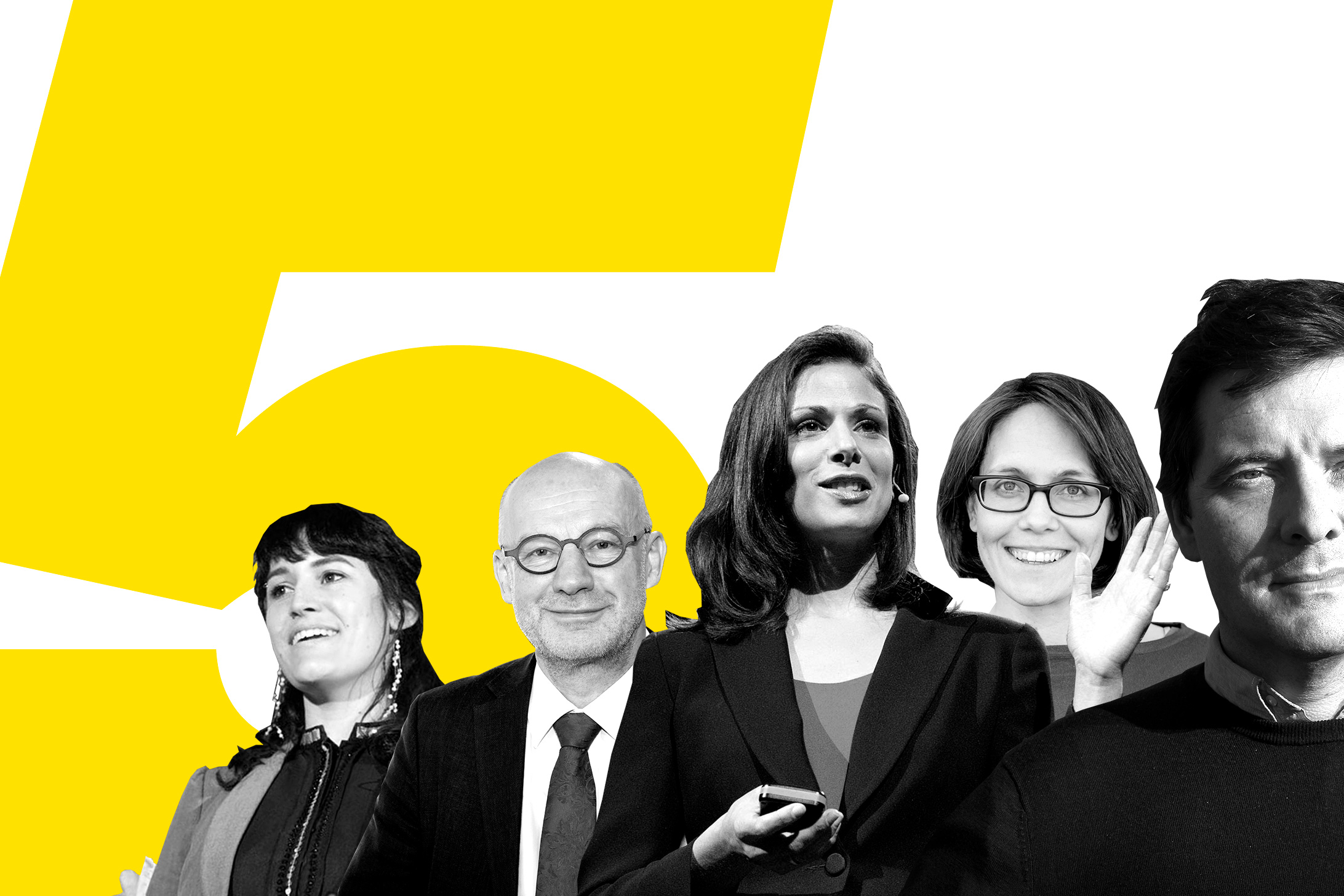


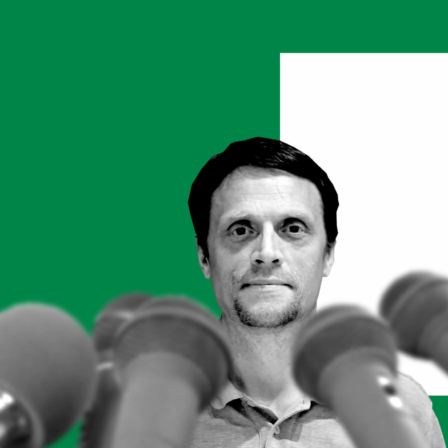






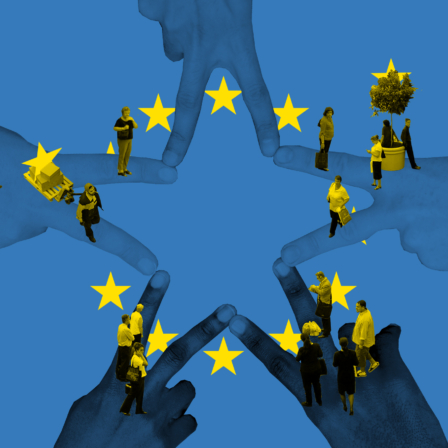






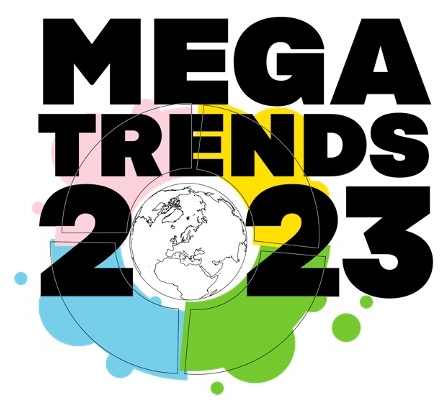

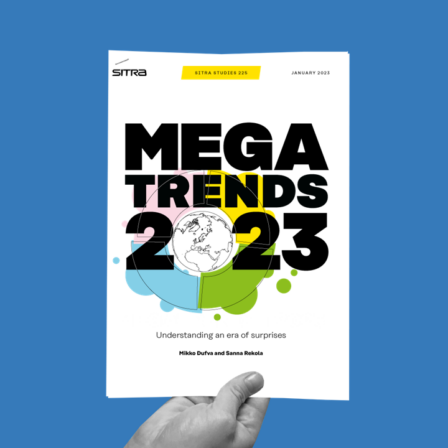


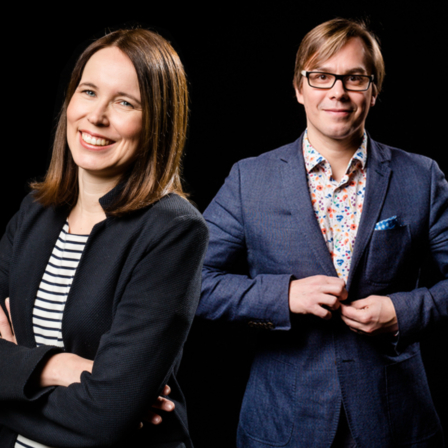


Other articles
Up for more?